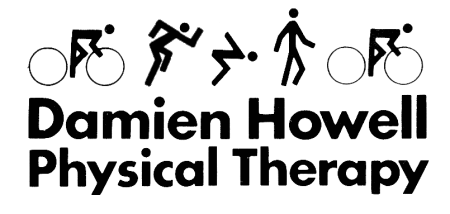Telehealth PT Benefits – Statutory Barriers Across State Lines

With the weakening of the covid 19 pandemic, I expect the utilization of Physical Therapy services by telehealth will decline.
However, the necessity of learning to provide and receive Physical Therapy services via telehealth uncovered benefits of this service model including:
- Eliminating time spent traveling to and from appointments and time spent waiting for care
- Having physical therapy treatment while staying with family members eliminates the need to obtain child or adult care for family members
- Providing lower-cost options
- Visits are 1 on 1 with a Physical Therapist as opposed to a less skilled technician assistant which often occurs in outpatient clinics
- Sharing real-world environmental issues and being able to see the client’s environment
- The stress level is less when Physical Therapy service occurs in the comfortable and familiar environment of your own home.
- Encourages teaching, learning, and self-efficacy approach to intervention
- Eliminating expectations to use hands-on approaches decreases reliance on passive interventions

Most providers agree telehealth is here to stay. It is likely that physical therapy services provided by telehealth will continue as a stand-alone model and/or as a hybrid combination of face-to-face with telehealth visits.
Along with uncovering the benefits of telehealth, the pandemic revealed ongoing barriers to providing telehealth Physical Therapy services.
For me, one of the frustrating limitations of providing telehealth Physical Therapy is statutory limitations. The patient must be in the state where a Physical Therapist has a license to practice during the telehealth session.
I have received requests to provide PT Online services from potential clients located in North Carolina, Florida, Nevada, Calgary Canada, and a patient on her sailboat in the Caribbean Ocean. My license to practice Physical Therapy is not like a driver's license. I can only provide service if the client or patient is physically in Virginia.
There is a developing solution to this statutory barrier of providing physical therapy services across state lines. It is the PT Compact. The Physical Therapy Compact is an agreement between the member states to improve access to physical therapy services for the public by increasing the mobility of eligible physical therapy providers to provide services in multiple states.
I am deciding which additional states I should apply for physical therapy licensure so that I can provide Physical Therapy telehealth consultation beyond Virginia.
If you or a family member residing in a state outside of Virginia are interested in receiving a Physical Therapy telehealth consult from me let me know. This will facilitate my decision process of which additional states I should apply for a license to practice Physical Therapy.
The information on this website is not intended or implied to be a substitute for professional medical advice, diagnosis, or treatment. You are encouraged to perform additional research regarding any information contained available through this website with other sources and consult with your physician.
Damien Howell Physical Therapy – 804-647-9499 – Fax: 866-879-8591 At-Home, At Office, At Fitness Facility – I come to you, I do home visits Damien@damienhowellpt.com
